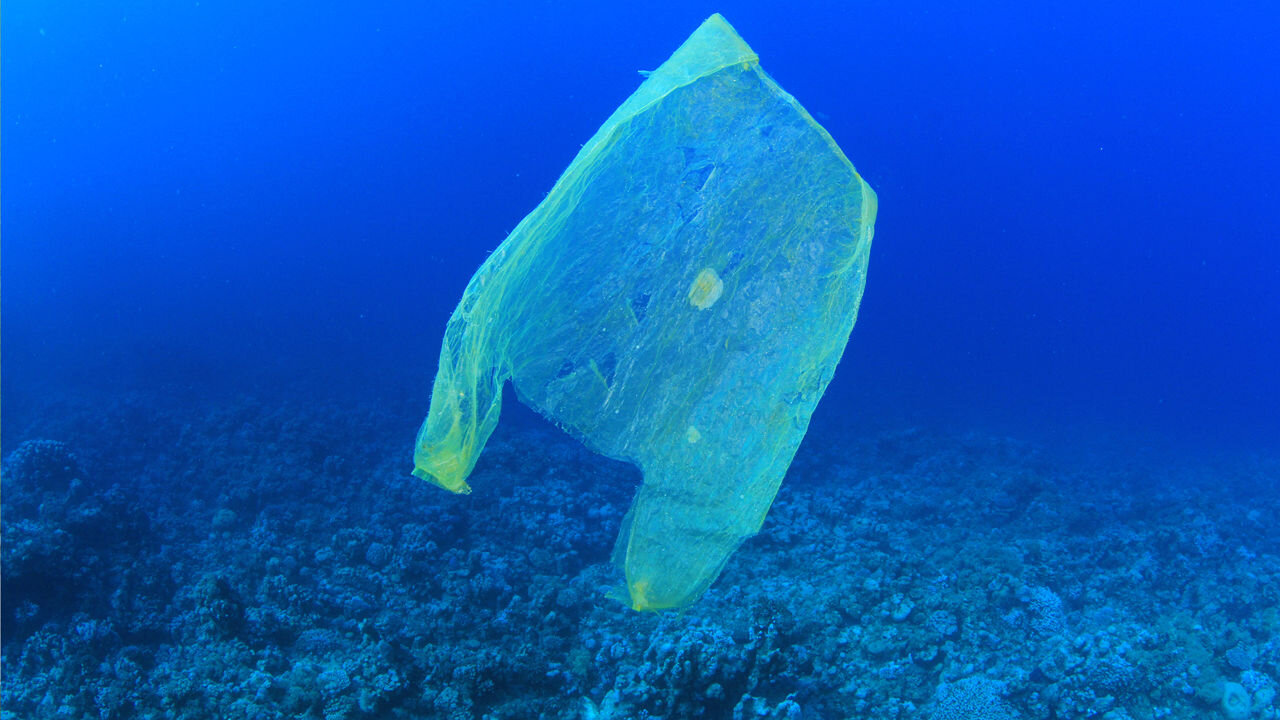As part of our research, we’ve been working with students in the UC Davis CalTeach Math & Science Teaching program to develop ocean and climate-themed curriculum for middle schoolers.
Each curriculum module below was developed by a UC Davis student, workshopped and edited as part of a curriculum development course, and tested by student teachers and a teacher mentor.
Image: Surface ocean pH, Wikimedia Commons
Ocean Acidification
In this activity, students will learn the principles of the pH scale, and observe pH changes by simulating ocean acidification conditions.
Image: Land, ocean, ice, Wikimedia Commons
Reflecting on Albedo
In this activity, students will learn what surface albedo is, observe how different everyday objects absorb/reflect sunlight, and gain an understanding of the importance of albedo on global climate
Image: Plastic bag in ocean, Wikimedia Commons
Marine Debris
In this activity, students will collect common litter from their own lunches and analyze their data to gain an understanding of the fate of single-use plastics and other debris.
““When I become a teacher, whether I teach Earth Science, Biology, Physics or Chemistry, I’ll be sure to inject some ocean appreciation into my classroom””
Image: Mattole River Estuary, Wikimedia Commons
Estuaries & You
In this lesson, students will analyze and predict the effects of human activities on estuarine environments using a food web model
Image: Atmospheric CO2 from Mauna Loa record, Wikimedia Commons
Atmospheric Carbon Dioxide
In this activity, students will use scientific models of over the past century to illustrate the increased concentration of carbon dioxide in our atmosphere, which is due to human activities.
Coming Soon
We have more curriculum to post soon on topics such as marine biodiversity, ENSO events, carbon cycling and more. Check back soon!
This collaboration with the UC Davis CalTeach MAST Program was supported by the National Science Foundation. We acknowledge R. Bernhard, C. Livsey and J. Blackwell for editing and testing curriculum modules over the multi-year span of this work.
Read a blog by a MAST student pursuing research at Bodega Marine Laboratory





